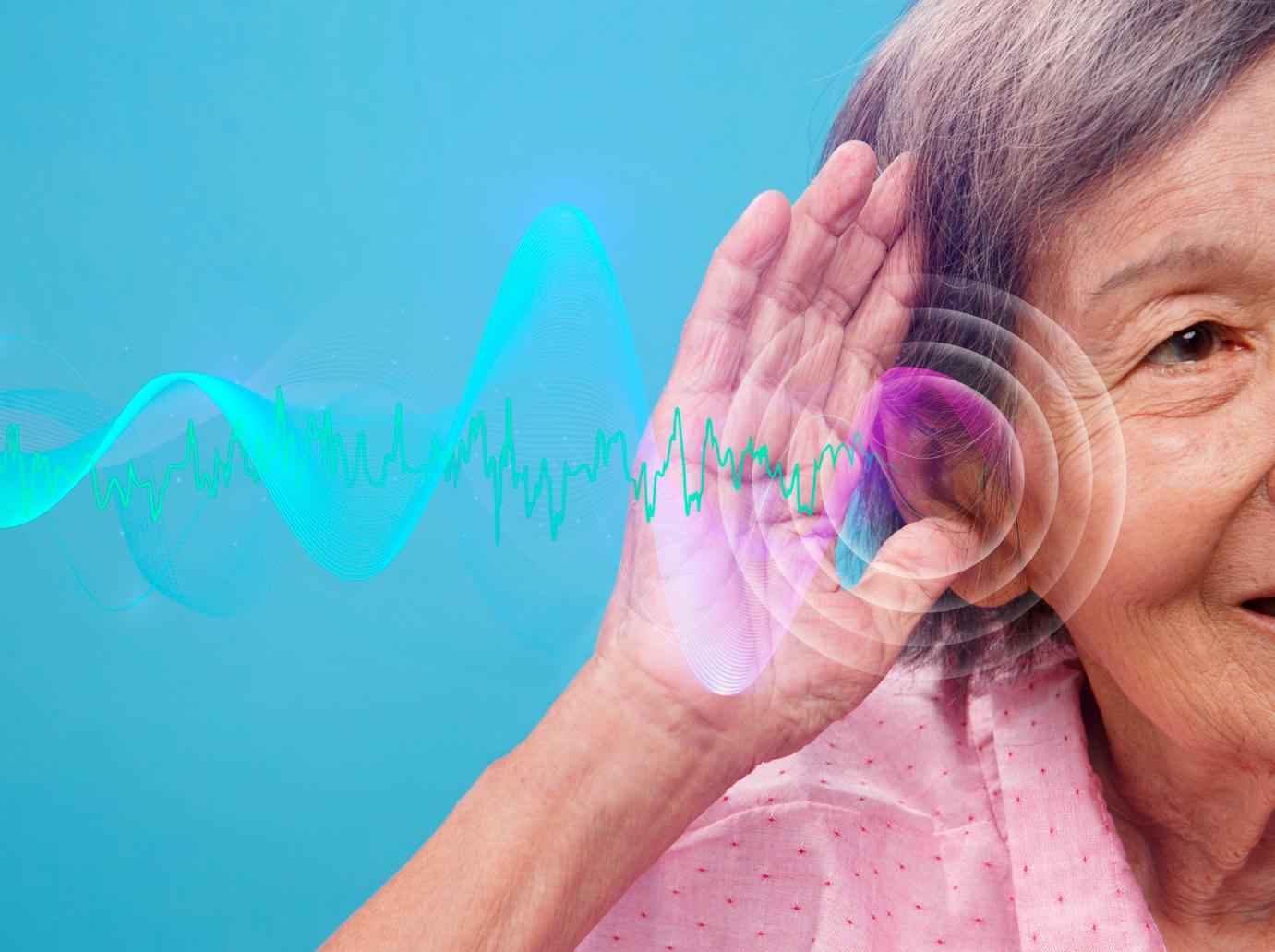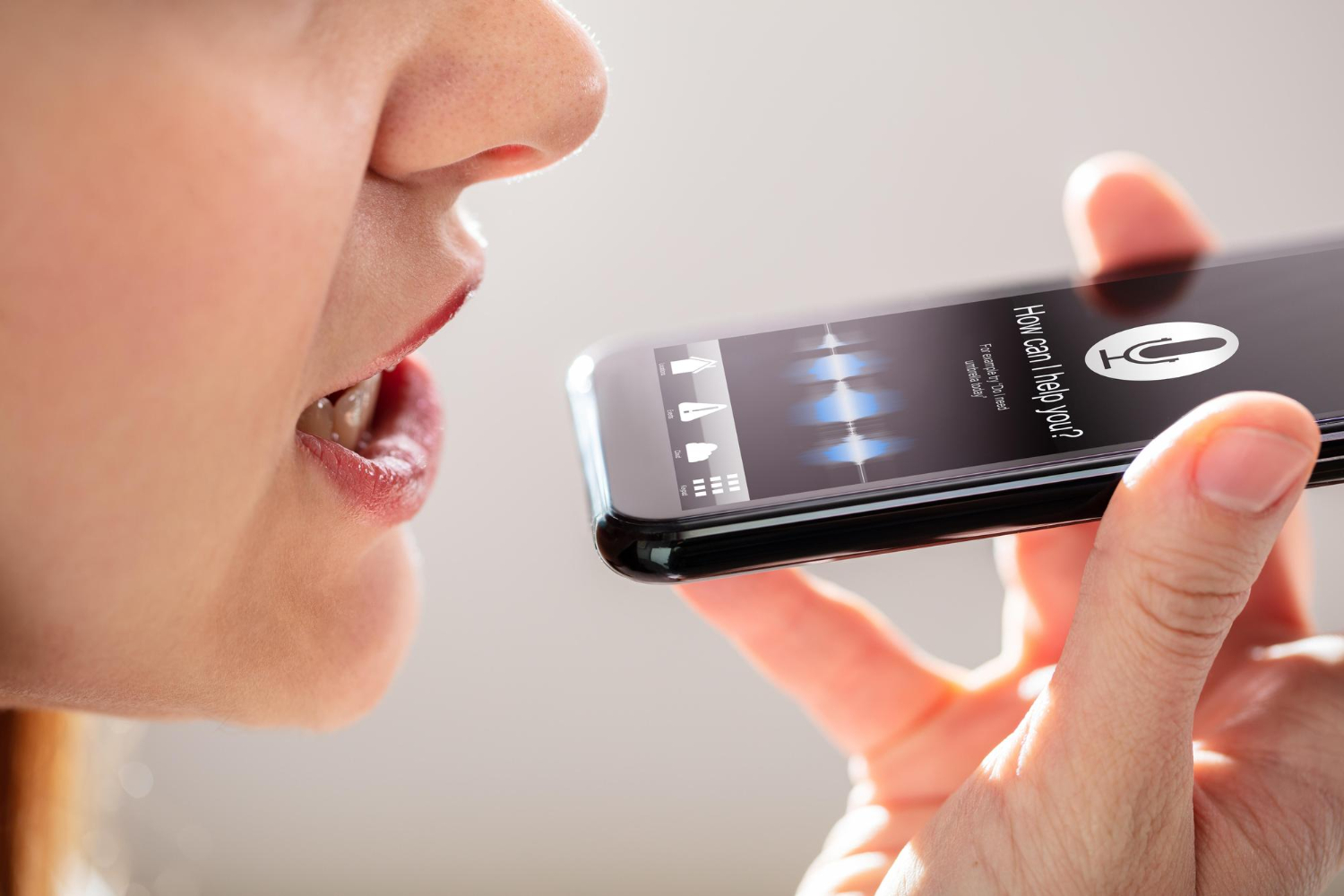Reducing Caregiver Burden: The Value of Voice AI in Senior Care
In an era where our populations are aging rapidly, demand for high-quality elder care is increasing exponentially. By 2050, estimates suggest that the proportion of people over 60 years old will approach doubling from 12% to 22%, now that this demographic is evolving. As with this demographic shift, another problem also shifts: caregiver burden.
Whether health care providers or families, caregivers often face overwhelming physical, emotional, and financial burdens when caring for the elderly. Fortunately, SeaChat Voice AI is on the rise as an invaluable tool to help professional caregivers and families more effectively provide more humane elder care. This shows how Voice AI improves service and caregivers’ satisfaction in elder care.

Understanding Caregiver Burden
Caregiver burden is complex stress that is experienced by individuals when they care for older adults. The Family Caregiver Alliance estimates that more than 16 million Americans care for adults over 50 years old without being paid for it, while professional caregivers number in millions as well. Some caregivers have to juggle their life and work, creating an immense burden on them.
What are some common challenges faced by caregivers?
Caregivers themselves report being burned out, chronically sleep deprived, and feeling isolated. Caregivers have difficulty managing their task load, coordinating medications, doctor’s appointments, and active assistance with living tasks while attempting to juggle their own health and well-being. Family caregivers report high levels of emotional stress on their lives at rates above 40%, with caregivers developing depression and anxiety as part of their caregiving experience.
Voice AI in Senior Care
SeaChat Voice AI technology by Seasalt.ai is a game-changing solution to these challenges. By automating routine interactions and offering round-the-clock support, Voice AI has the potential to greatly decrease the amount of manual work that leads to caregiver fatigue.
How is Voice AI technology tailored to elder care environments?
New voice AI like SeaChat Voice AI is designed specifically for older adults. It has clear enunciation, straightforward command syntax, and tolerance for repeated questions. These can handle medication management, emergency alerts, scheduling appointments, health monitoring, and even companionship through natural language. The AI adapts to the individual’s needs and habits and creates a customized care experience that is an extension of human care.
Alleviating Daily Tasks Through Automation
One of the greatest strengths of Voice AI in elder care is to eliminate unnecessary, time-consuming tasks that cause caregiver fatigue.
How does Voice AI reduce repetitive caregiving tasks?
By automating routine check-ins and reminders, SeaX allows caregivers to focus on more complex and meaningful care. As an example, medication reminders could be handled by the system with follow-up check-ins, reducing caregivers’ need to make multiple follow-up calls per day. In one case study, hospitals that utilized Voice AI for routine contacts freed, on average, 40% of staff time on routine check-ins.
Can it enhance safety without constant human oversight?
Voice-activated emergency response features allow older adults to call for assistance by simply speaking, even when they have fallen and cannot get to a phone. SeaMeet Dashboard also provides caregivers with real-time visibility into such interactions, allowing for timely intervention if needed while preserving older adults’ independence and dignity.

Emotional and Mental Relief for Caregivers
Besides task automation, Voice AI also provides emotional companionship that is beneficial to both seniors and caregivers.
How does Voice AI act as a conversational companion for seniors?
Voice AI assistants even have the ability to communicate meaningfully with older people, reducing their sense of loneliness and seclusion. This kind of emotional companionship relieves some burdens from caregivers in homes, as well as from professionals, to address all social and emotional needs, thereby making care more manageable.
Does Voice AI Benefit Caregivers?
With how Voice AI improves service and caregivers’ satisfaction in elder care, most report that they have less concern that their families have constant access to assistance. Family caregivers have better work-life balance thanks to live alerting, while professional caregivers have higher job satisfaction when freed from mundane tasks to practice more meaningful care interactions.
Integration with Broader Care Systems
The actual strength behind Voice AI is frictionless integration with existing healthcare infrastructure.
How does SeaChat Voice AI interface with medical records, smart home systems, and caregiver apps?
SeaChat Voice AI can connect with existing electronic health records, medication management software, and smart home systems to create an integrated network for care. This integration offers all care parties access to relevant data, eliminating communication silos that often plague care relationships.
Does SeaChat Voice AI provide real-time communication between caregivers and healthcare providers?
Yes, through tools like SeaMeet Dashboard, Voice AI can support real-time sharing of information among care team professionals so that all participants in the care team can stay informed regarding changes in condition or new needs. The real-time messaging function reduces the burden on coordination that otherwise rests on primary caregivers.
With increasing older populations and more acute shortages in caregivers, Voice AI technology offers a promising avenue to reducing caregiver burden without compromising care quality. Through automating mundane tasks, providing emotional support, and enabling better communication, SeaChat Voice AI creates more equitable caregiving spaces that work for both caregivers and the elderly.
Discover how SeaChat Voice AI can transform your care plan by requesting a demo today and being part of an emerging network of care providers who have embraced this latest advancement.